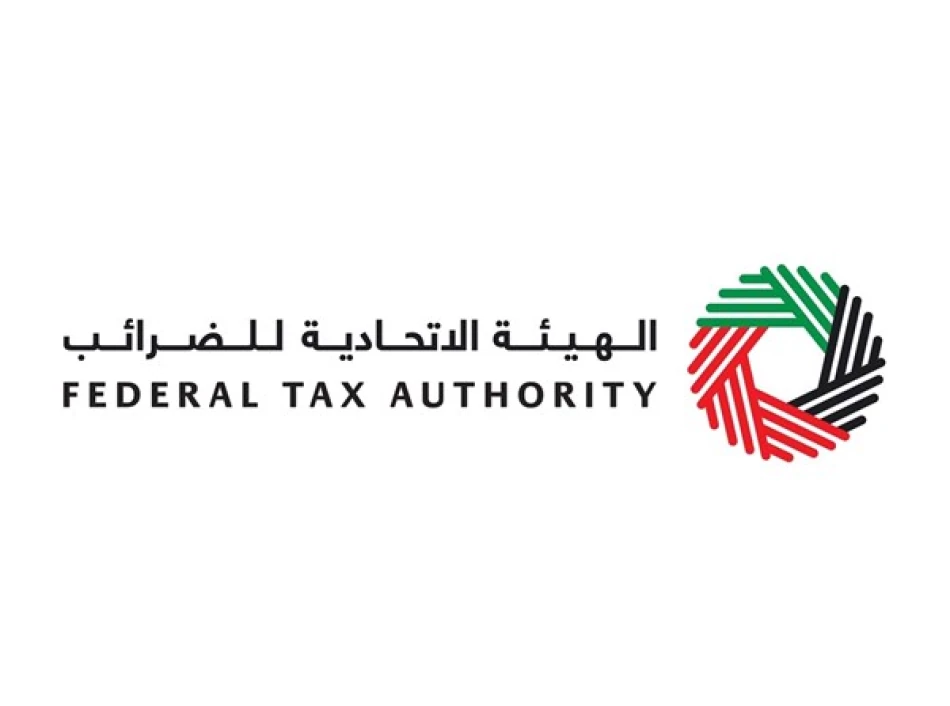
Federal Tax Authority Seizes Contraband Luxury Goods: Cracking Down on Evasion
UAE Tax Authority Uncovers Massive Tobacco Smuggling Operation Worth $36 Million
The UAE Federal Tax Authority has seized over 3.5 million units of illegal tobacco and vaping products from a Dubai-based facility attempting to smuggle excise goods into the local market. The operation, which concealed cigarettes and electronic smoking devices inside clothing and footwear shipments, represents one of the largest tax evasion busts in the Emirates, with unpaid duties totaling 133.2 million dirhams ($36.2 million).
Sophisticated Smuggling Scheme Exposed
During a targeted inspection campaign, federal tax inspectors discovered a facility that had been systematically packaging and concealing excise goods within legitimate cargo shipments. The operation involved hiding tobacco products inside shipments of clothing and shoes, allowing smugglers to bypass excise tax obligations while distributing products in the domestic market.
The scale of the operation was substantial, with seized items including:
• 1.56 million cigarette packs
• 1.77 million electronic smoking devices
• 111,360 raw tobacco containers
• 4,000 shisha molasses packages
• 121 nicotine pouches
• 4,600 selective beverages
UAE's Growing Battle Against Tax Evasion
This bust highlights the UAE's increasingly sophisticated approach to combating excise tax evasion, particularly in the tobacco sector. The Emirates implemented its excise tax system in 2017 under Federal Law No. 7, targeting tobacco products, energy drinks, and carbonated beverages as part of broader public health initiatives.
Advanced Digital Tracking Systems
The Federal Tax Authority has deployed electronic monitoring mechanisms that include distinctive marking systems on tobacco packaging. Each stamp contains electronically registered information that inspectors can verify to confirm tax compliance, making it increasingly difficult for smugglers to operate undetected.
Regional Context and Market Impact
The UAE's crackdown mirrors similar enforcement efforts across the Gulf region, where governments are balancing revenue generation with public health objectives. Unlike neighboring Saudi Arabia, which has implemented some of the world's highest tobacco taxes, the UAE maintains a more moderate approach while ensuring strict compliance.
For legitimate tobacco importers and retailers, this operation sends a clear signal about the government's commitment to tax enforcement. The substantial penalties—totaling over $36 million for a single facility—demonstrate the financial risks of non-compliance in what remains a lucrative but heavily regulated market.
Implications for Cross-Border Trade
The sophisticated concealment methods used in this case—hiding tobacco products within clothing and footwear shipments—suggest organized criminal involvement rather than simple tax avoidance. This pattern aligns with global trends where excise goods smuggling has become increasingly professionalized, often involving the same networks that traffic other contraband.
The bust also underscores Dubai's position as a major regional trading hub, where legitimate commerce can provide cover for illicit activities. The emirate's extensive free trade zones and re-export facilities, while essential for economic growth, require constant vigilance to prevent abuse.
Looking Forward: Enhanced Enforcement
The Federal Tax Authority emphasized its commitment to strengthening cooperation with federal and local government agencies across all emirates. This coordinated approach suggests that similar operations may be underway in other jurisdictions, as authorities work to close loopholes in the excise tax system.
For businesses operating in the UAE's tobacco and beverage sectors, this case reinforces the importance of robust compliance programs. With electronic tracking systems becoming more sophisticated and inter-agency cooperation intensifying, the cost of non-compliance now extends far beyond simple tax penalties to include potential criminal prosecution and business closure.
Most Viewed News

 Layla Al Mansoori
Layla Al Mansoori






